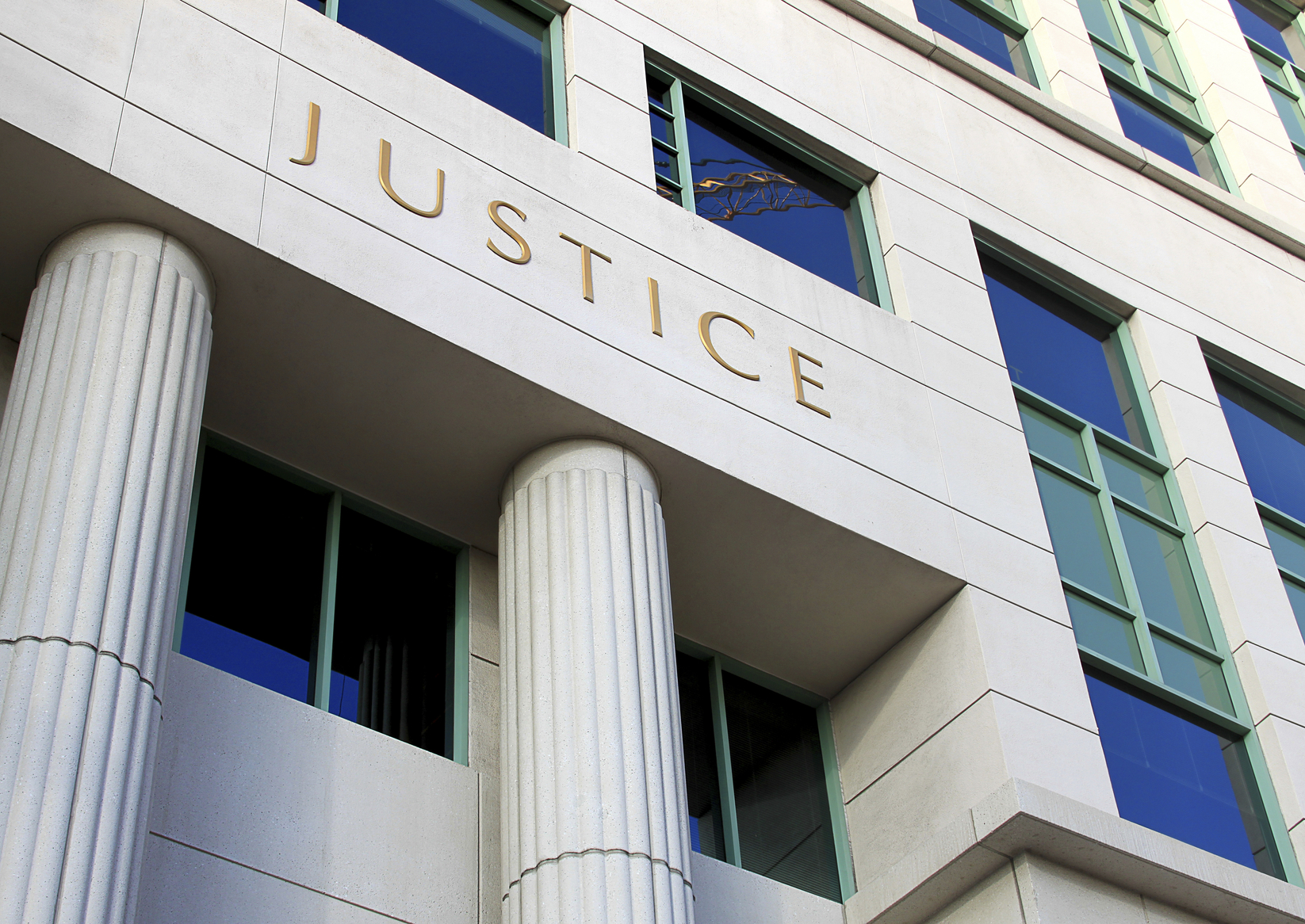You’re having a pretrial strategy meeting with your client who has been charged with a crime. During your discussion, your client blatantly tells you that he is guilty of the charges against him. As his attorney, you may wonder what your legal and ethical obligations are in this situation. The United State Criminal Code and California Rules of Professional Conduct provide guidance for attorneys who find themselves struggling to come up with the answer.
As your client’s attorney, you are under no legal obligation to share his admission of guilt with anyone else. You are still bound by attorney-client privilege and must maintain the character of this respected tradition. Courts have routinely and consistently held that the attorney-client privilege is a cornerstone of the relationship’s dynamic, calling it “one of strict fiduciality and confidentiality” and “sacred and confidential.”
Just because your client confesses to the crime they have been accused of committing does not mean that they will be found guilty in a court of law. In California and the United States, there is a presumption of innocence. Your client is innocent unless and until:
- a jury or judge finds them guilty in a court of law, or
- they knowingly and willingly confess their guilt to the court.
Your job, as a lawyer, is not necessarily to prove that your client is not guilty, but rather to defeat the prosecution. Your job is to make it as difficult as possible for the prosecution to carry their substantial burden of proof. Having knowledge of your client’s guilt does not prohibit you from attacking the prosecution’s case.
However, there are certain legal and ethical handcuffs imposed by such a confession that may make your job considerably more difficult.
As an attorney, you may not suborn perjury. Subornation of perjury is the crime of persuading, encouraging, or permitting testimony you know to be false in a legal proceeding. It would be illegal (and unethical) for you to put your client on the witness stand, allow him to author an affidavit, or permit him to testify in a deposition if you knew that the testimony he was going to provide was false. Encouraging and/or permitting your client – who you know to be guilty – to testify to his innocence or to facts that you know to be untrue is a crime. If charged and convicted of subornation of perjury, you could face up to five years in prison and/or substantial monetary fines.
While courts have been protective of the attorney-client relationship, they have been equally as protective of the sanctity of the courtroom. Courts have consistently held that attorneys who knowingly and willingly permit falsehoods and lies to be introduced as the truth shall face significant consequences. California courts have explicitly expressed that attorneys have a responsibility to not only “dissuade” clients from offering “perjurious testimony,” but also to take meaningful steps toward ensuring that such testimony is not offered to mislead the court.
Not only is it a crime to permit your client to offer perjured testimony when you know it to be false, but it is also an act of contempt. California’s Business and Professions Code provides that an attorney who misleads the court has committed an act of “moral turpitude” that is “cause for discipline.” Attorneys who permit clients to offer perjured testimony or who willfully mislead the court with false information may face professional sanctions such as disbarment, actual suspension, or reproval.
If your client confesses you are generally under no obligation to present that information to the court. Rather, you are duty-bound by attorney-client privilege to protect your client’s statements and to provide a proper legal defense. Your client may have confided in you about his perceived guilt, but that not necessarily mean that he is guilty of the charges against him, or that the prosecution has the evidence to support a conviction.
While you may not offer perjured testimony and must be diligent in ensuring that the court is not deceived or misled by information you know to be false, you can still tenaciously defend your client against the charges with which he is faced. Once you have knowledge of your client’s guilt it is important to be more attentive to the words you use, the witnesses you call, and the evidence you present. Failure to act purposefully could result in significant legal and professional consequences.
Once you have knowledge of your client’s guilt it is important to be more attentive to the words you use, the witnesses you call, and the evidence you present. Failure to act purposefully could result in significant legal and professional consequences.
About the Author: Ambrosio Rodriguez is criminal defense attorney and owner of The Rodriguez Law Group, a leading criminal defense firm in Los Angeles, CA. He attended Georgetown University Law Center and is a former prosecutor with over 20 years experience.
Read More


